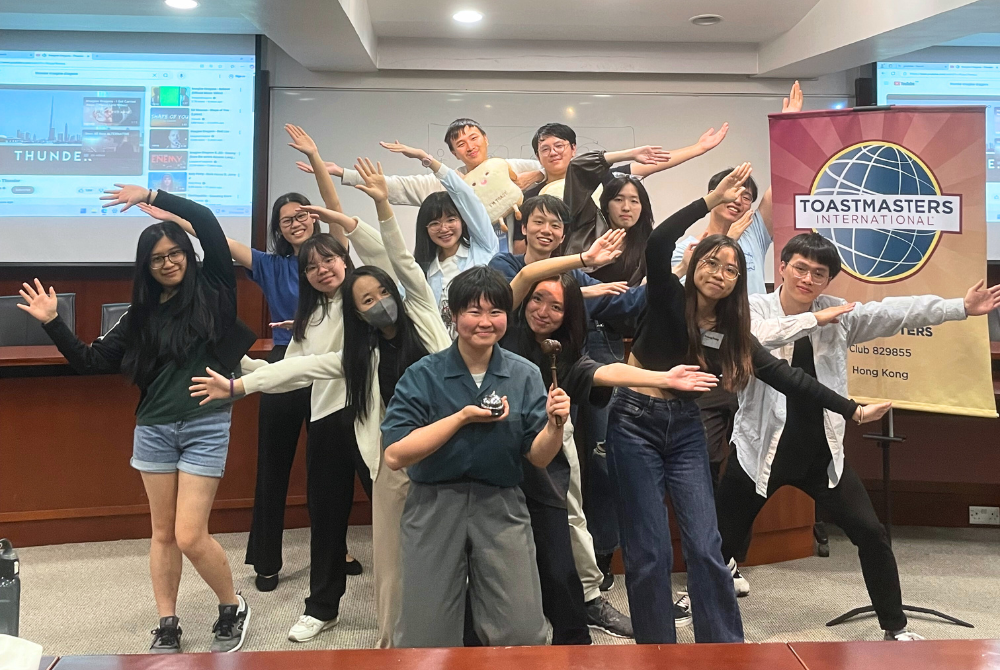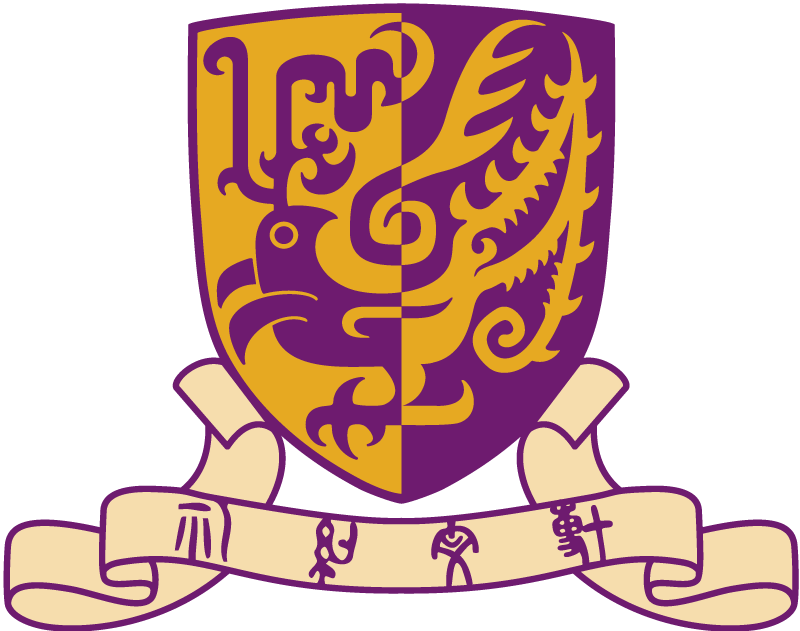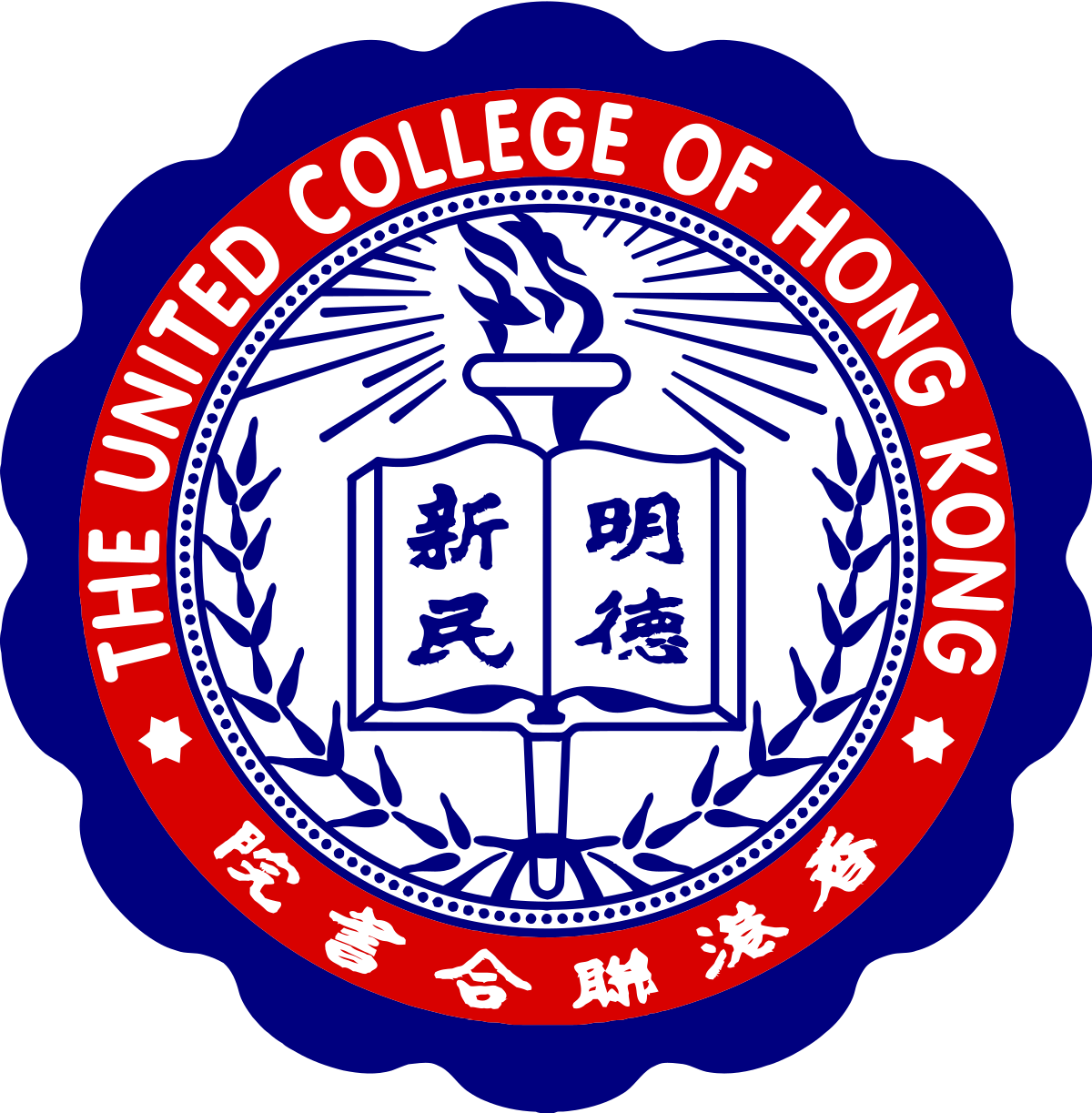Using Public Speaking to Serve and Inspire

Under the leadership of the President, Ms Fung Wan Wai Tracy (LAW/3), the 20th Session Executive Committee of United College Toastmasters Club (UCTMC), conducted eleven regular meetings from September 2024 to March 2025. These meetings, held on alternate Thursday’s evening, provided members with invaluable opportunities to enhance their public speaking skills.
The Club also had the privilege of hosting several experienced Toastmaster guests who offered general evaluation, delivered demonstration speeches, and conducted workshops on different themes. These sessions significantly contributed to the members’ development. Furthermore, language evaluators from the English Language Teaching Unit and William Fellows of United College provided constructive feedback, further enriching the learning experiences.
From February to April 2025, UCTMC partnered with the Gavel Club, the youth division of Toastmasters Hong Kong, for the Youth Impact Programme at Malayalam Academy Hong Kong. UCTMC members volunteered at Gavel Club meetings, sharing their expertise and experiences with secondary school students, thereby fostering a new generation of confident speakers.
Let’s read the sharing of the Programme Mentor of Youth Impact Programme written by Ms Manju Sarala Viswam:

Futuristic Skills, Intercultural Education and Youth Impact Programme
Manju Sarala Viswam,
Programme Mentor, Malayalam Academy, Hong Kong
In this digital era of globalisation, ensuring future citizens’ efficiency at work requires new skills — but which ones? A survey report of McKinsey & Company, published in World Economic Forum (2021), involving 18,000 people in 15 countries, suggests that the education systems need to strengthen individuals’ self-leadership and interpersonal skills to boost learning and progression. Effective communication and leadership skills are inevitable key competencies for the future workforce.
Another skill of high focus is resilience and adaptability for the dynamics between people of diverse cultures in global workplaces. This is where intercultural education becomes significant. According to UNESCO (2006), intercultural education is the dynamic interaction between cultures, aiming to go beyond passive coexistence to achieve an evolving and sustainable way of living together in multicultural societies. It requires creating an understanding of their commonalities and differences, mutual respect and dialogue between diverse cultural groups. Researcher Liz Jackson (HKU) elaborated in 2014 that intercultural methods set an open stage, focusing on developing students’ skills and capacities for dialogue, rather than transmitting multicultural values as a priori truths.
The Youth Impact Programme at Malayalam Academy Hong Kong was designed to foster a sense of belonging, competencies and leadership skills among the youth of Hong Kong, through intercultural exchange of knowledge and skills in a mutually beneficial, positive learning community while encouraging global citizenship. As part of this programme, in 2024, a community platform called ‘Youth Gavel Club’ was registered under the educational framework of Toastmasters International. Guided by expert mentors, participating secondary school students met twice a month to interact and build their competencies. This programme reached the next level of purpose as the eloquent members of the United College Toastmasters Club, The Chinese University of Hong Kong, and other industry experts joined the meeting sessions to volunteer as facilitators, exchanging their perceptions, knowledge, skills, cultural, and personal experiences as aspiring students. They came together for several sessions spanning three months and engaged into interactive activities on themes such as ‘Technology’, ‘Criminology’, ‘Careers & Opportunities’ and ‘Embracing Cultures’.
As a programme mentor, I vouch that it was an incredible intercultural educational collaboration. I believe this experience gave the youth of United College, CUHK as well as other expert facilitators, an opportunity to learn more about the community of Malayalam Academy (the Indians residing in Hong Kong) and developed new perceptions about other cultures while fine-tuning their personal skills. I learnt from the youth of Malayalam Academy that the presence of university volunteers and industry experts was ‘icing on top of the cake’, setting an exemplary role model with their attitude to giving, presentations and teamwork for a common goal. I hope that this experience will elevate both university and secondary school students to greater levels of self-esteem, confidence, and competence for their future aspirations. We look forward to initiating and educating with more such collaborations in the future.





